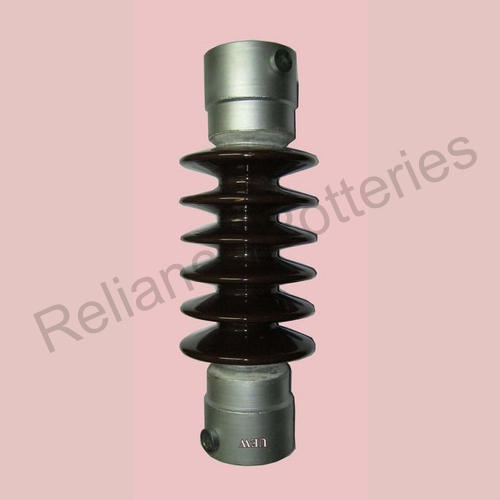Amidst the complexities of industrial machinery, the role of shaft insulators often goes unnoticed. Although they might seem insignificant, they are crucial to ensure the machines work smoothly and for a long time. You’ll come across many shaft insulator manufacturers in India, producing different types of shafts that can improve the functionality of the machines. Read on to learn more about the shaft insulator and its benefits.
What is a shaft insulator?
Shaft insulators, or shaft grounding devices, are specialised components designed to provide electrical insulation and prevent electrical current from flowing through rotating shafts. These shafts are generally installed either in the industrial machines or in the motors and generators. By separating the shaft electrically from its surroundings, insulators protect the machinery from harmful electrical currents, minimising the risk of damage or malfunction.
What are the benefits of installing shaft insulators?
The primary function of the shaft insulator is to prevent any electrical damage that might be caused by sudden electrical discharge. Here’s a range of benefits you can avail of installing shaft insulators.
Electrical isolation
It is the function of the shaft insulators to isolate the shaft from other grounded components. This helps prevent damage to the bearing present in the machine and electromagnetic interference and adversely affects the machine’s working process.
It helps to reduce machine noise
When the shaft is isolated from the insulator, it helps to reduce the excess noise and vibration that the machine might generate. This, in turn, improves the overall operational efficiency of the bearings present in the machine. When the noise reduces, the lifespan of the bearings also increases. Excessive vibrations sometimes lead to premature wear and tear, which damages the machine’s lifespan.
Safeguard electrical equipment
Shaft insulators work as a protection against sensitive equipment pieces. It prevents the flow of currents that might cause malfunction and finally damages the machinery. If a shaft insulator is installed within the machinery, even then, the electrical circuits are protected from the harmful effect of the high voltage electrical discharge.
Highly reliable
After installing insulators, you can reduce the risks of electrical problems. Hence they are a reliable option for the machineries. The use of shaft insulators is particularly important in industries where the machineries are being used continuously.
Reliance Potteries is a premium manufacturer of high-quality shaft insulators for ESP. To know more about the product, check our website.

